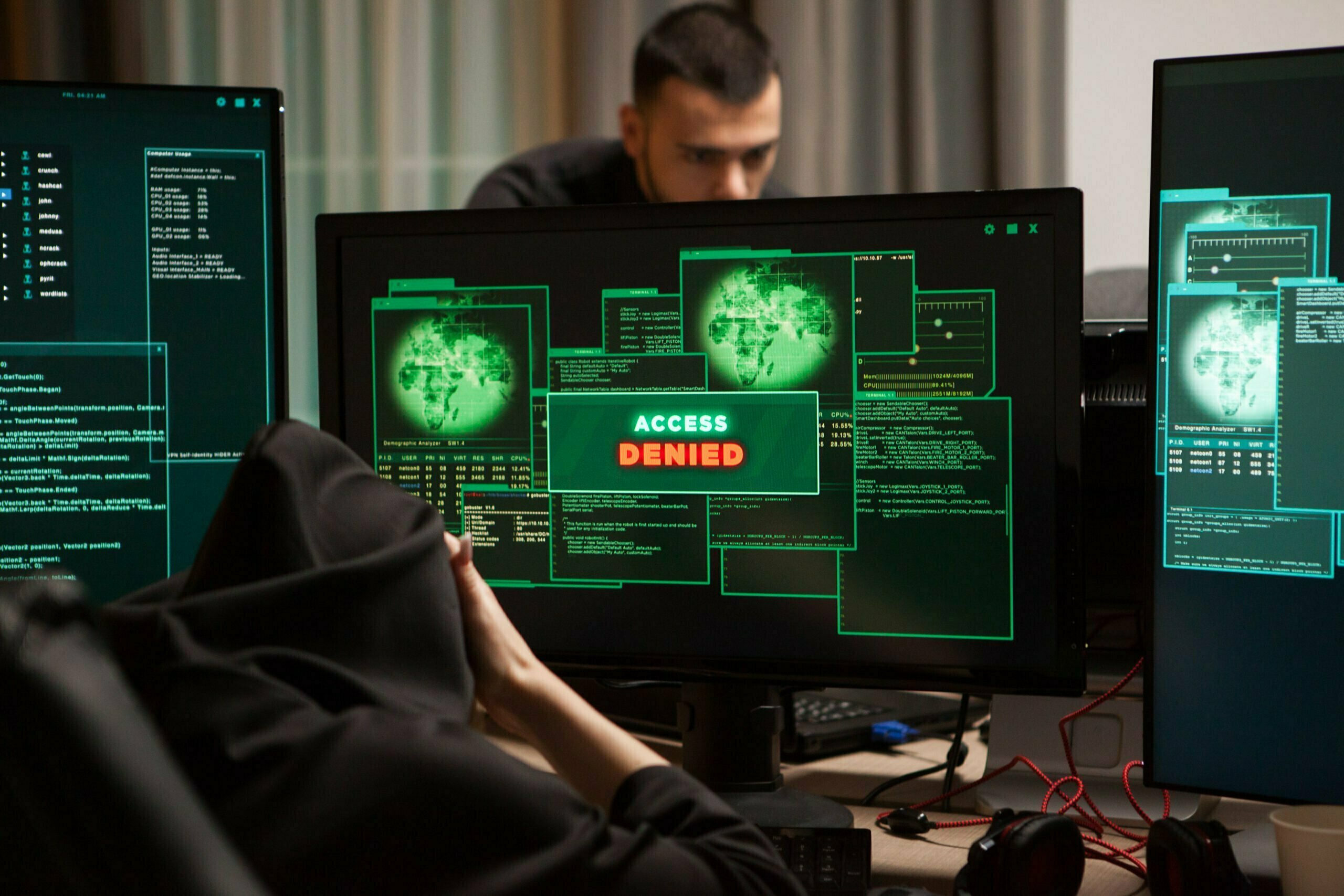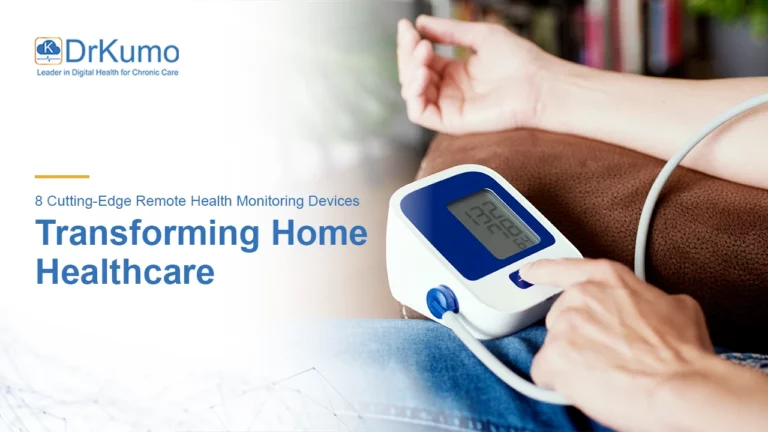All components of the healthcare system rely on accurate and reliable data. Health information systems gather data from the health and other relevant sectors, analyzes it for overall quality, relevance, and timeliness, and translates it into information for health-related decision-making.
Apart from being critical for monitoring and evaluation, the information system supports broader objectives such as providing alert and early warning capabilities, assisting patient and health facility management, and so much more. This makes healthcare information or Protected Health Information (PHI) very important and valuable to cyber criminals.
PHI as defined by HIPAA is a patient’s healthcare data or the payment for that healthcare that is created, received, stored, or transmitted by HIPAA-covered entities. The HIPAA and other regulations, such as the General Data Protection Regulation (GDPR), mandate that PHI must be secured from cyber threats.
Cyber threats are malicious acts committed with the intent of gaining unauthorized access to, damaging, disrupting, or stealing an information technology asset, computer network, intellectual property, or any other type of sensitive data.
According to a report,[1] healthcare data breaches are the most expensive cyber-attacks compared to all other industries, with an average damage cost of $7.13 million. PHI, which includes medical diagnoses, surgical procedures, and other sensitive health data, must be protected against malicious intent and confidentiality breaches, which can result in significant fines.
HIPAA Privacy and Security Rules
HIPAA, a statute enacted to ensure that PHI is protected from fraud and theft, is composed of two critical components that pertain to the safeguarding of healthcare data:
- The HIPAA Security Rule focused on the security of electronic personal health information created, used, received, and maintained by HIPAA-covered entities. The Security Rule establishes principles and standards for the management of personal health information on an administrative, physical, and technical level; and
- The HIPAA Privacy Rule requires protections to ensure the privacy of personal health information, such as medical records, insurance information, and other private information. Without prior patient agreement, the Privacy Rule restricts the types of information that may be used (and in what way) and shared with third parties.
The HIPAA Privacy Rule is primarily concerned with operational matters, prohibiting providers and their business associates from using a patient’s PHI in ways not previously agreed upon by the patient and limiting the information that can be shared with other entities without prior authorization. Whereas the HIPAA Security Rule is more technical in nature and establishes rules and requirements for how health information should be protected in order to maintain the integrity and confidentiality of healthcare data.
With these rules and the rising demand to secure PHI, here are 6 ways to avoid cyber threats to the health information system.
6 Ways to Avoid Cyber Threats to the Health Information System:
1. Check and Evaluate the security and compliance of Business Associates
Since healthcare information are usually exchanged between providers and covered entities for the purpose of delivering care and processing payments, it is vital to check and evaluate if these business associates are compliant with the required security measures to protect healthcare information.
According to the HIPAA Omnibus Rule, these business associates are typically those entities that maintain and store PHI, save for some exceptions.
2. Encrypt Data
Encrypting healthcare data is a method of data protection in which electronic medical records (EHRs) are disguised so that unauthorized users cannot read or make sense of them. Data encryption is a highly effective means of data protection for healthcare businesses. By encrypting data in transit and at rest, healthcare providers and business associates make it more difficult for attackers to decrypt patient information even if they obtain access to such data.
3. Educate Healthcare Staff
The human factor continues to be one of the most significant threats to security across all industries, and the healthcare industry is no exception. Simple human error or negligence can have catastrophic and costly consequences for healthcare providers. As such, security awareness training empowers healthcare providers with working knowledge to make sound judgments, repel cyberthreats, and exercise due diligence in managing health information systems.
4. Restrict Data and Application Access
User authentication is required to ensure that only authorized users have access to the software application and the protected healthcare data. Multi-level authentication is a highly recommended solution as it requires users to verify that they are indeed the people authorized to access certain data and apps using two or more validation or authentication methods. These methods include passwords or PIN numbers, facial recognition, fingerprints, and other biometrics.
5. Carry-out Regular Risk Assessments
While an audit enables the identification of the cause and other critical facts of an incident following its occurrence, proactive prevention is just as critical. Regular risk assessments can help discover vulnerable points in a healthcare information system’s security, including shortcomings in staff education and other areas of concern. By carrying-out periodic risk assessments across a healthcare information system to identify and mitigate potential risks, healthcare providers and their business associates can better avoid costly data breaches, damaged reputations, and regulatory penalties.
6. Utilize Off-site Data Backup
Data protection requires regular backups. Cyberattacks will not only disclose sensitive patient information but can also jeopardize the integrity and availability of data. Utilizing an off-site data back-up on a daily or weekly basis will protect sensitive data against unavoidable data loss caused not only by cyberthreats but also by system breakdown, hard drive corruption and failure, and so on. Perform periodic off-site data backups with rigorous controls over data encryption, access, and other best practices to ensure the backups are secured.
Takeaway
Healthcare information systems will continue to be a prominent target for cyber criminals. Healthcare providers store a wealth of valuable and sensitive patient data, which can be accessed through multiple vulnerable endpoints. While it is mandated that PHI should be protected, sometimes, users should also exercise due diligence in managing and storing PHI.
References:
- IBM Report: Compromised Employee Accounts Led to Most Expensive Data Breaches Over Past Year. (2020, July 29). IBM Newsroom. https://newsroom.ibm.com/2020-07-29-IBM-Report-Compromised-Employee-Accounts-Led-to-Most-Expensive-Data-Breaches-Over-Past-Year.








